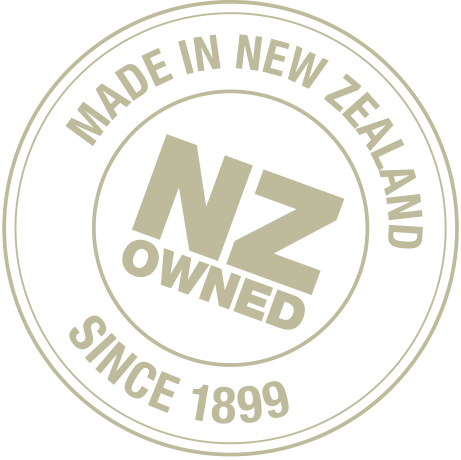Expert knowledge. Expert opinion.Expert formulas.


Anionic Pre-Calver Nuts
Low DCAD¹ premium high protein, high energy compound feed for springer cows
A grain dominated, compounded pellet feed with added protein and anionic salts designed to improve calcium mobilisation pre-calving to reduce the incidence of metabolic issues post-calving.
NRM Anionic Pre-Calver Pellets contain:
- Anionic salts such as magnesium sulphate and ammonium chloride to help reduce the overall dietary DCAD, which has been associated with improved calcium mobilisation at calving.
- A high level of starch from grains and grain by-products in addition to sugar from molasses to stimulate the development of rumen microflora in readiness for a post-calving diet.
- Added essential trace minerals cobalt, copper, iodine, manganese, selenium, zinc, (including some organic copper, selenium and chromium), vitamins A, D and E which can help support cow health during a critical period such as calving.
- Bovatec® to aid in the control of ketosis in dairy cattle and subsequent improvement.
Feeding recommendations
Anionic Pre-Calver Pellets are designed to be fed at 2kg per cow per day in the 2 to 3 weeks prior to calving. If paddock feeding, ensure that all animals have a chance to eat their share to prevent gorging by a few animals. Do not feed to lactating cows.
Always provide access to long forage and clean drinking water. To discuss the optimum dry-cow diet for your herd, please call your local NRM Nutrition Specialist.
Contains 4mg/kg added selenium. Do not use at the same time as other selenised fertiliser, prill or product and do not exceed the stated dose or frequency without consulting a nutritionist or veterinarian.
¹Dietary cation anion difference is negative to stimulate calcium mobilisation before calving.
Typical analysis (approximate on a DM basis)
| Energy* | 12.5MJ ME/kg |
| Crude Protein | 21% |
| Starch & Sugar | 40% (min) |
| NDF | 15% (max) |
*Metabolisable Energy (ME) values are calculated from an equation and are not an actual measured value but should provide a reasonable guide to the energy content of the feeds. Information is accurate at the time of going to print but specifications may vary over time.
Ingredients selected from
Grain and grain by-products, oilseed meals, soy hulls, peas, beans, vegetable oils and fats, molasses, flavour, anionic salts, vitamins and trace elements. Anionic Pre-Calver pellets may contain up to 10% palm kernel expeller meal.
Contains Bovatec®
FOR ANIMAL TREATMENT ONLY
NRM Anionic Pre-Calver Pellets contain 0.75kg/t of Bovatec® 20CC (to provide the recommended dose rate 300mg of lasalocid sodium when fed at 2kg per day).
INDICATIONS: As an aid in the control of ketosis in dairy cattle with subsequent improvement in immune function, which can aid in the reducing the incidence of clinical mastitis in lactating dairy cows.
DIRECTIONS FOR USE: By law the user must take due care, obtaining expert advice if necessary to avoid unnecessary pain and distress when using the product other than as directed on the label. This product must not be used for growth promotion in ruminants intended for human consumption.
CONTRAINDICATIONS: Care must be exercised when feeding concurrently with other antimicrobials. Do not feed with other ionophores, e.g. monensin capsules, liquid or pre-mix. Do not exceed recommended dose rate. Do not feed more than 400mg lasalocid sodium/head/day to lactating cattle. Not to be used for single dose treatment.
WITHHOLDING PERIOD: It is an offence for users of this product to cause residues exceeding the relevant MRL (Maximum Residue Limits of Agricultural Compounds) in the New Zealand Food Standards.
Cattle: Meat: Nil Milk: Nil Not to be used for bobby calves.
CAUTION: Do not allow dogs, horses (or other equids), alpacas (or other camelids) access to feeds containing Bovatec® as ingestion by these species may be fatal.
Bovatec® 20CC is registered pursuant to the ACVM Act, 1997, registration number A009679. For registration information, visit www.foodsafety.govt.nz
NOTICE – CONTAINS ADDED MAGNESIUM OXIDE
The feeding of this product to dairy cows may increase their risk of clinical salmonellosis. It is recommended that veterinary advice is obtained to ascertain potential risks associated with the use of this product in your environment before product is used.

